Should I Buy a New Car or Keep My Car?
A tough question most face at some point in life is whether they should buy a new car or keep their current car. Each option has its potential advantages, and everyone facing this difficult decision should weigh the pros and cons and determine what is best for them.
However, it is important to understand the cost analysis of each option and what indirect or unexpected costs may be associated with buying a new car or keeping your current car. The following is an overview of how to make this difficult decision during times of car trouble or frustration.
Buy or keep: the cost approach
In almost every instance it is more affordable to keep the car you have than purchase a new one. This is because the cost of repair does not exceed the purchase price of a new car.
Even more severe instances of car trouble, such as the need for a new alternator or a new engine, typically cost between $3,000 and $6,000, whereas purchasing a new car costs much more. In many instances, the cost of replacing an engine is barely enough to cover the down payment for a new vehicle. This also does not factor in the indirect costs such as auto insurance and tag renewals (see below).
On the other hand, there is a long-term cost analysis. If your mechanic expects there to be additional expensive repairs needed for your current car in the near future, then factoring in future expected (and unexpected) repairs may be necessary for determining the more cost-efficient option. However, even with future repairs, the cost analysis typically sides in favor of keeping your car and making necessary repairs rather than taking on a steep down payment and monthly car payments.
Consider the indirect and unexpected costs
Many consider the monthly cost and down payment before purchasing a new car, but there are other costs to consider as well. The indirect costs — what many refer to as the “hidden costs” — can make car purchasing far more expensive. The most notable hidden costs often involved in the car buying process include:
- Dealership fees
- Insurance premiums
- Financing charges
- Registration & title
- Sales tax
Additionally, be sure to factor in the depreciation cost of a new car, and all cars depreciate as soon as they leave the dealership. Of course, there are potential unexpected costs with keeping your car as well. The unexpected costs are likely to be more with a used car than a new one, and issues could arise with the performance, safety or appearance of your vehicle that need to be addressed.
Both the indirect costs of buying a new car and the unexpected costs of keeping your current one should be factored into your decision. It could also be beneficial to have your mechanic run diagnostic tests on your vehicle to check for its overall condition before making a final choice.
Take your budget and preference into account
Not everyone will have the same purchasing ability. Some who have a larger budget for car buying may simply prefer to buy a new car rather than keep their current car. On the other hand, many who are on a limited budget or prefer to save their money may prefer using a smaller budget to make repairs and upgrades to ensure optimal safety, performance, and appearance of their current car.
In other words, whether or not you should buy a new car or keep your current car is often about more than what is the most financially sound decision. If you have sentimental value with your current car and prefer to keep it, then do not be afraid to make the necessary repairs to ensure it is safe. If you prefer a new car — and you are in a financial position to purchase — then consider making a new purchase.
When to extend the life of your car
As discussed, it is almost always more beneficial financially to keep your car and make any necessary repairs. Therefore, those who are only interested in the most cost-effective option, keeping your car is the best route to take. This allows you to avoid expensive down payments, additional monthly car payments, higher insurance premiums, and depreciation — your current car has already had its initial depreciation hit.
You can also use the extended time out of your car to save money towards a future down payment for a new car. Finances aside, you may choose to use the money you would have spent on a down payment for a new vehicle to fix up your car, especially if it has sentimental value.
When to purchase a new vehicle
It is our recommendation to strongly consider keeping your current car if you are looking at it from a strictly financial perspective, but that is not to say purchasing a new car is never the better option. Oftentimes, frustration from your car consistently breaking down is enough of a reason to purchase a new vehicle.
In other instances, having a more reliable car may be necessary, such as if you are required to drive a lot for your work or if you use the car to take your children to school, practices, recitals, etc. It may also be more beneficial to purchase a new vehicle if you have set money set aside for a new car over a long period of time and are in a sound financial position.
The bottom line
The cost analysis typically points in favor of keeping your current car rather than buying a new one, but this is just one factor of many. Other factors may include unexpected costs of car buying, depreciation, repair and upgrade costs, and your personal preference. By considering all pros and cons of buying a new car or keeping your current car, you should be in a good position to make an informed and intelligent decision about what is best for you and your family.






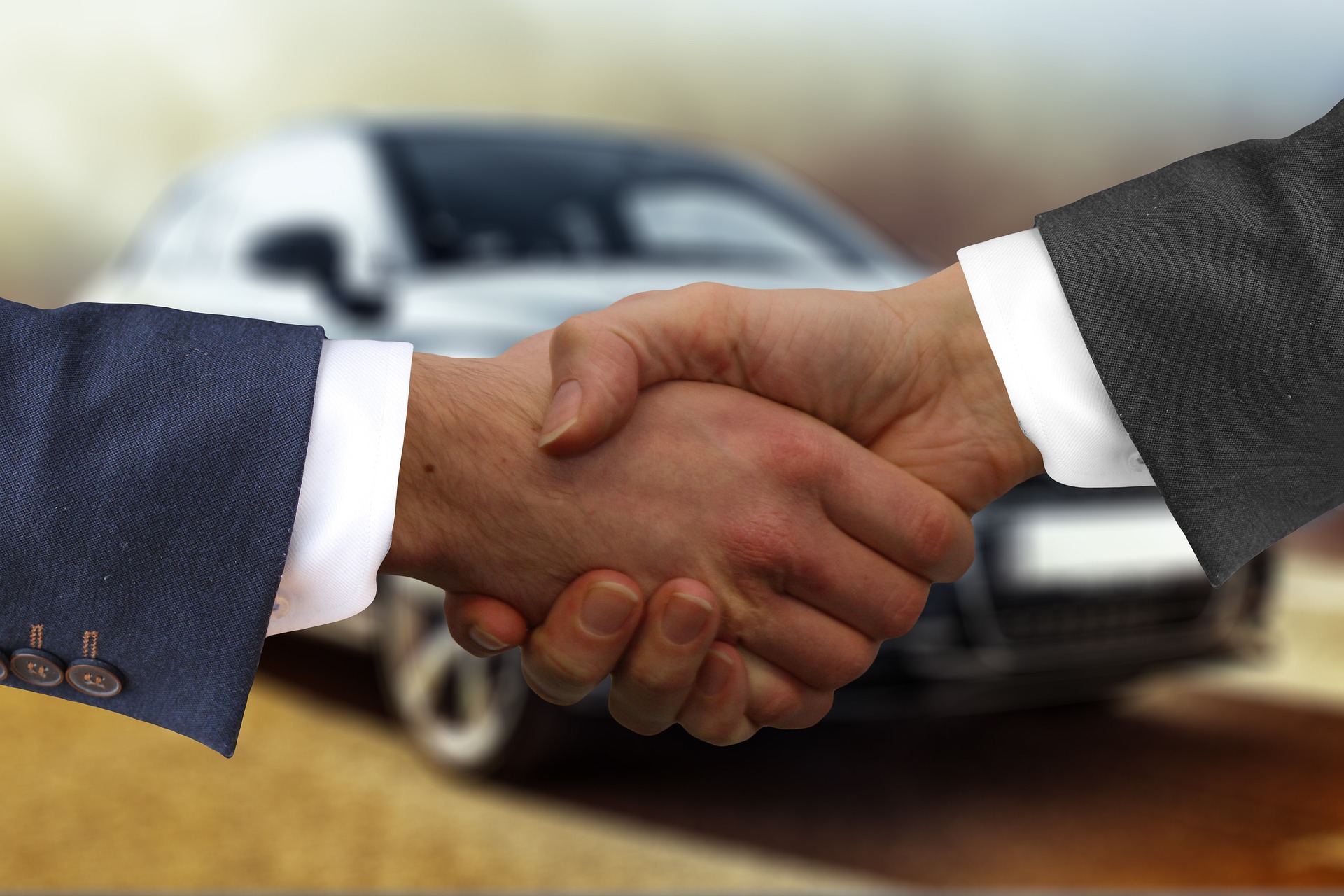

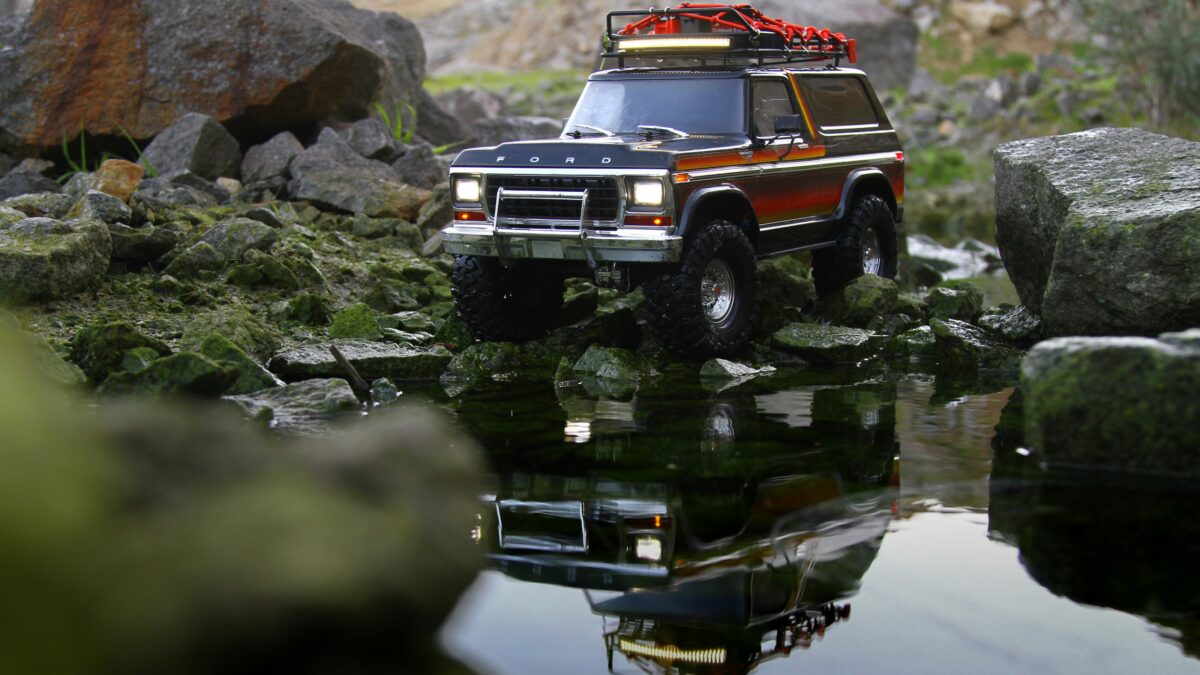
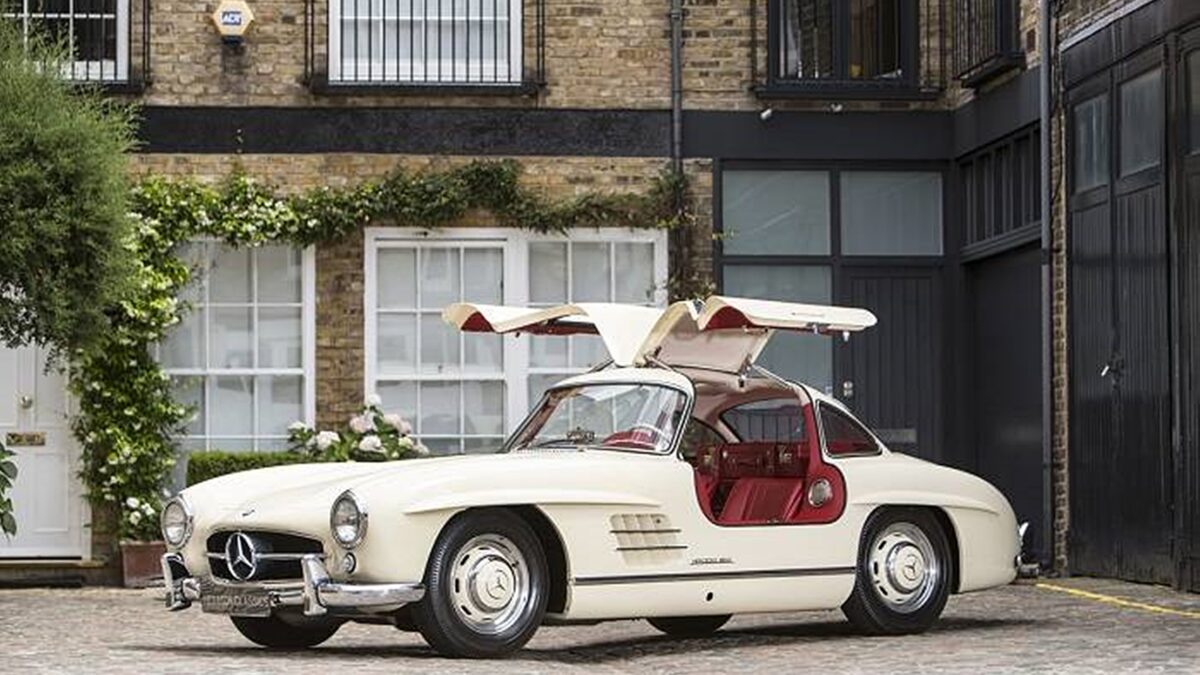
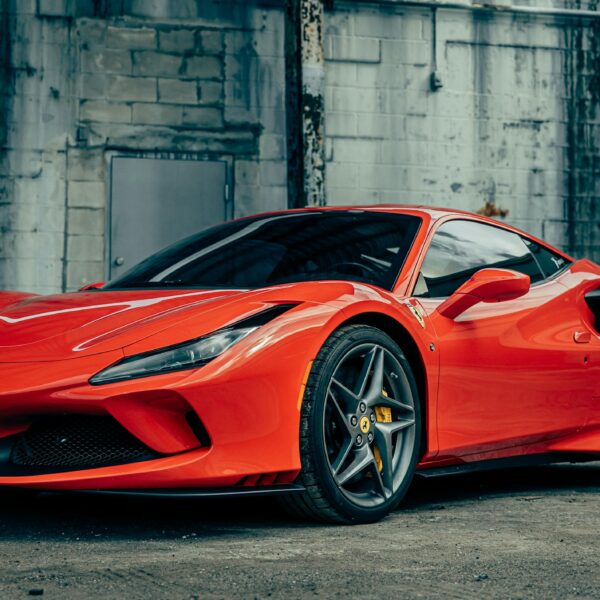
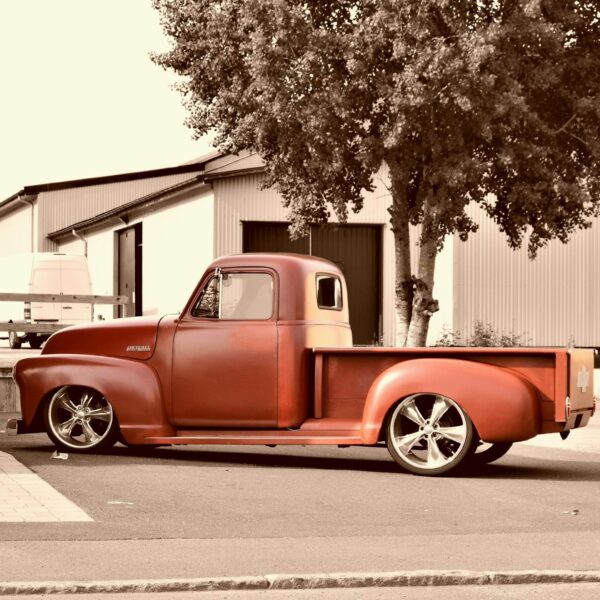
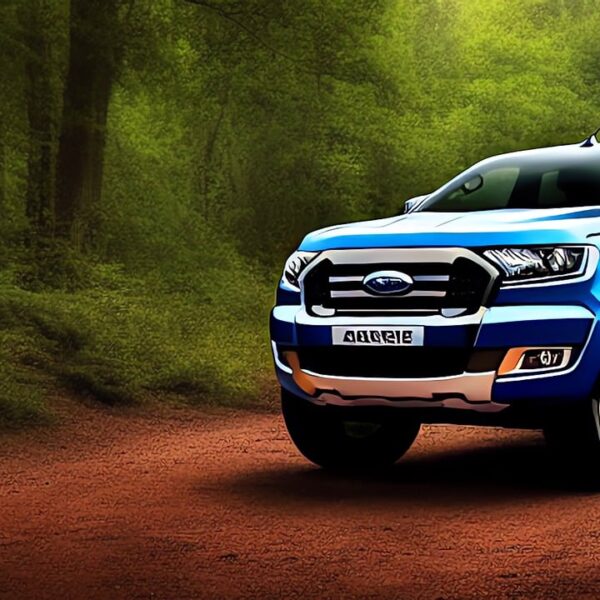
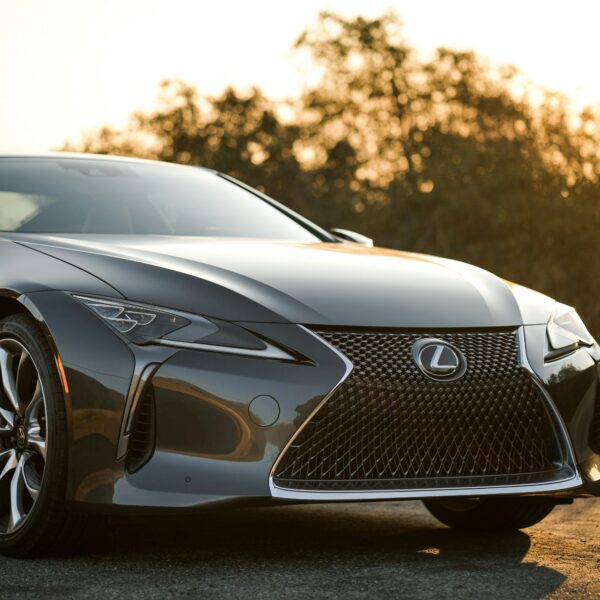

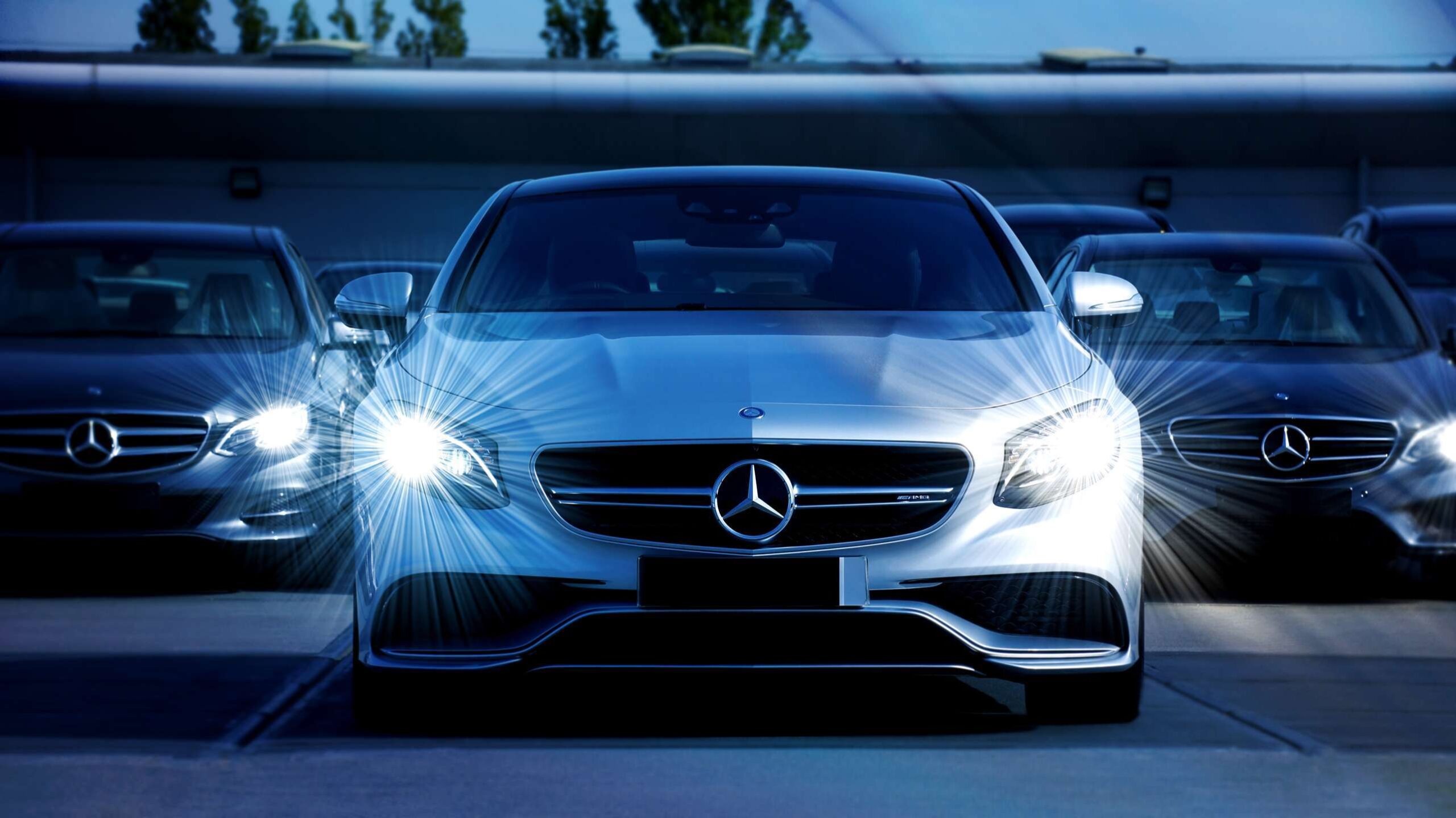
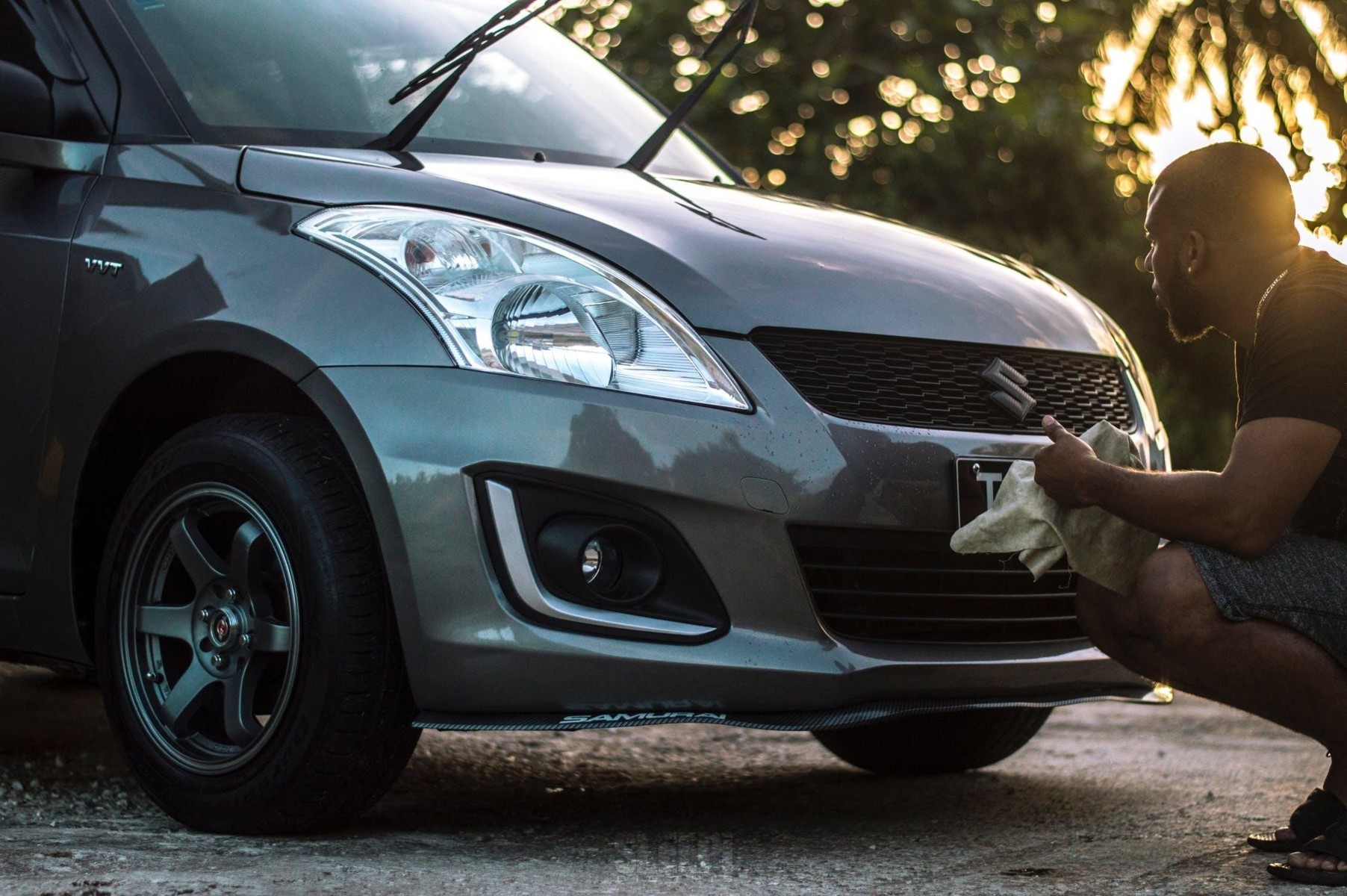
I definitely plan on keeping my older used car for awhile. Even with the work needed, it will still cost me less than car payments on a newer car. But there are definitely thing to consider. Sometimes saving for a newer used car may be more cost efficient if your car is in need of some expensive repairs. But even a newer used car may have unknown expenses. It really just comes down to weighing your options and determining the best route for you.
I’m a fan of keeping cars on the road as long as possible. My wife on the other hand wants a new lease every 3 years.
Used cars are in high demand, you will get the best price for a trade-in now vs the past.
I’ve got a 2006 Honda Accord that’s still in excellent shape. my wife keeps pushing for me to buy a new car, but it just doesn’t feel right.